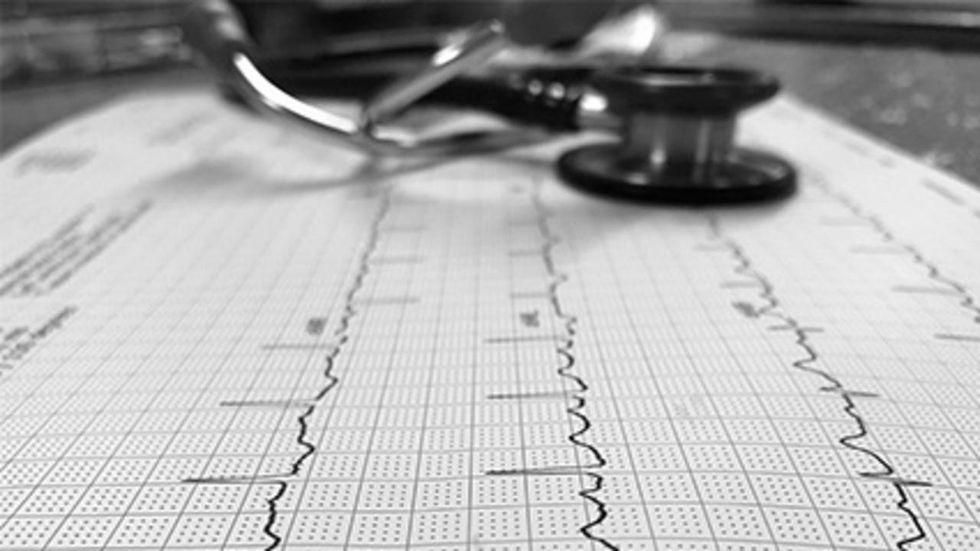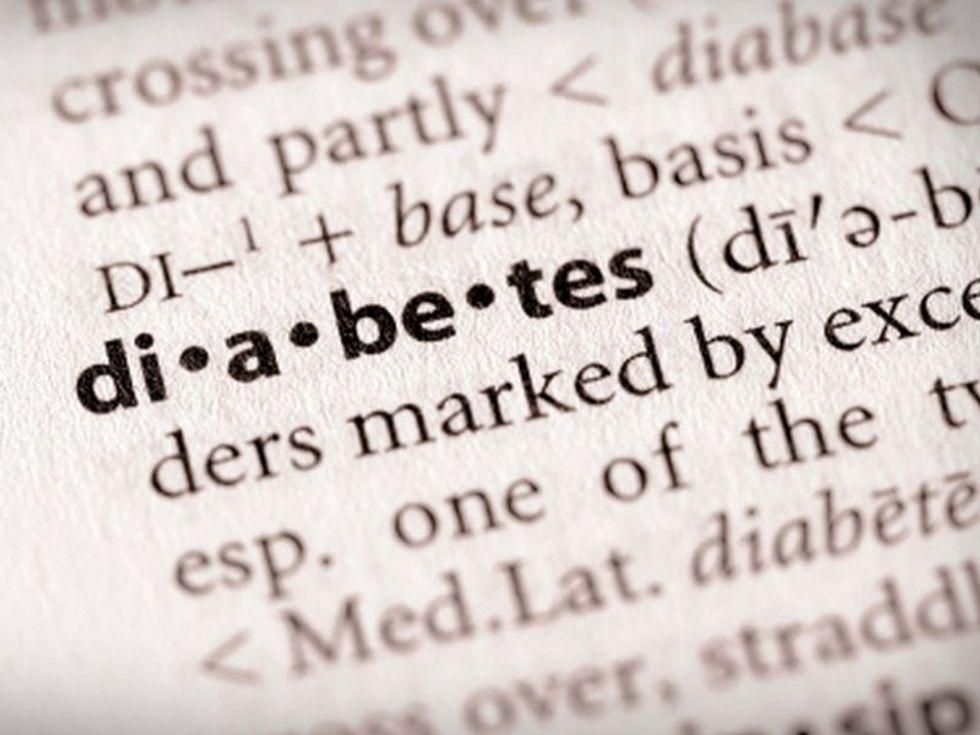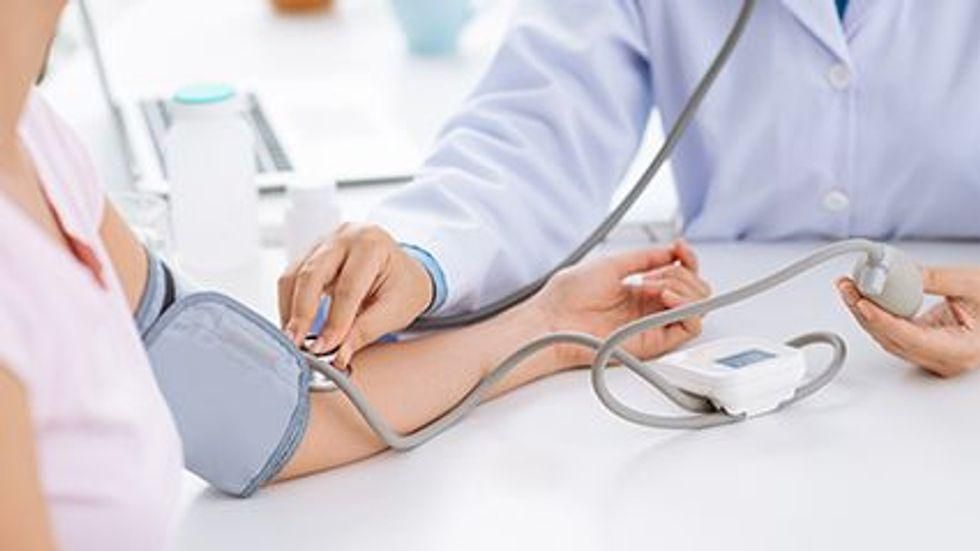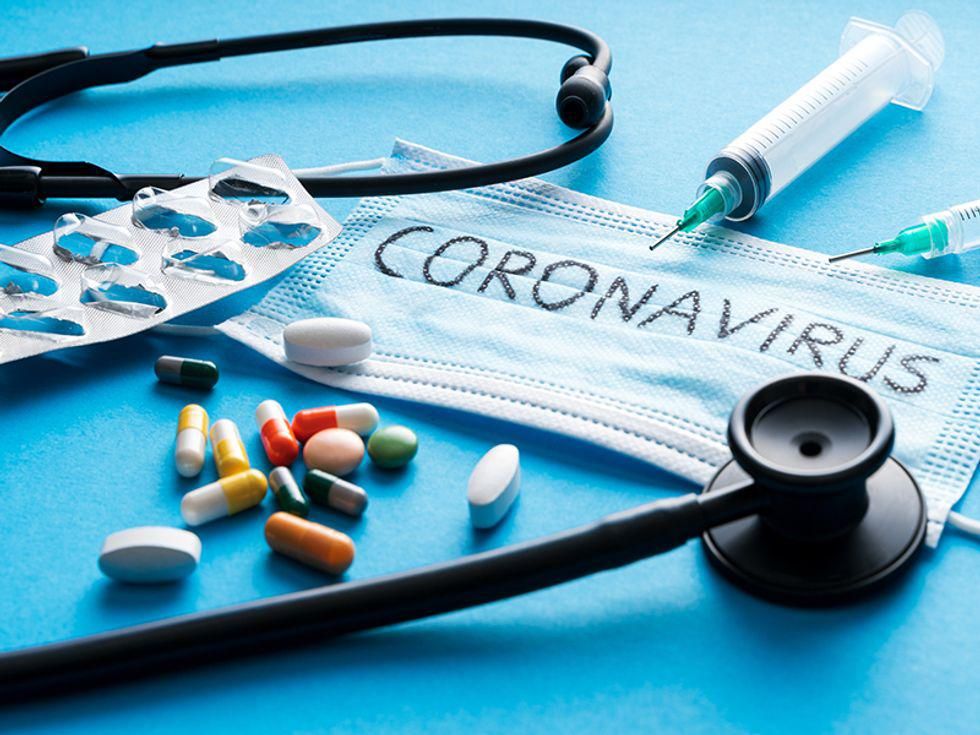
Parents frazzled by their little ones’ finicky food choices often sigh in exasperation, thinking: “They’ll grow out of it by college.” Maybe not, suggests a new study from Bowling Green State University in Ohio. Some young people continue their picky eating into early adulthood, often restricting their diets to 10 foods or even fewer. Such… read on > read on >






























